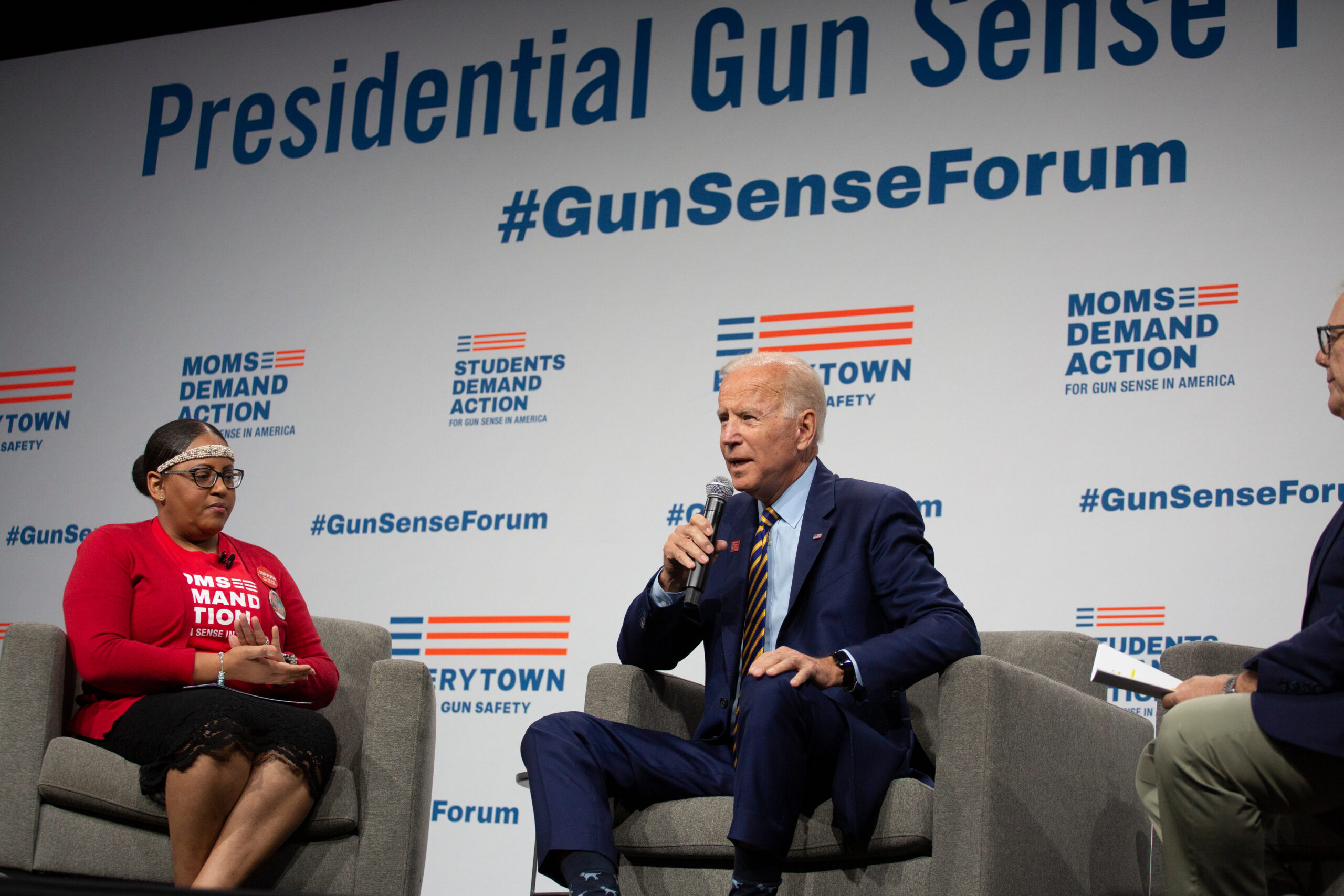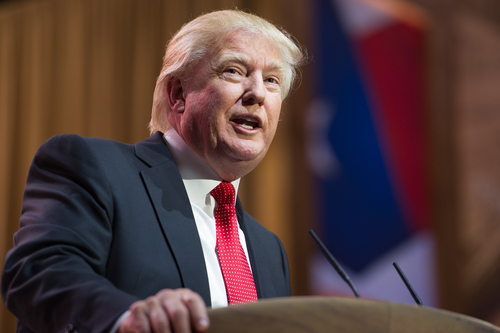ECB President Christine Lagarde envisions the euro challenging the U.S. dollar’s global dominance, but admits Europe isn’t ready for this transformation yet.
At a Glance
- Lagarde sees an opportunity for a “global euro moment” to challenge the dollar’s position as the world’s reserve currency
- For this to happen, the EU needs deeper financial integration, a unified capital market, and reduced dependence on U.S. security
- Despite Lagarde’s vision, IMF data shows the dollar still accounts for nearly 58% of global foreign currency reserves, with the euro at less than 20%
- Federal Reserve officials counter that the dollar’s dominance stems from the size, liquidity, and trust in U.S. Treasury markets
- Lagarde’s comments follow Trump’s decision to delay a 50% tariff on EU goods, which temporarily boosted European stocks and the euro
Lagarde’s Challenge to Dollar Dominance
European Central Bank President Christine Lagarde has laid out an ambitious vision for the euro to become a serious alternative to the U.S. dollar as the world’s reserve currency. Speaking at a conference in Frankfurt on Monday, Lagarde suggested that changing global trade dynamics present a strategic opportunity for the European currency to step up on the world stage. She emphasized that this transformation would require the European Union to significantly deepen its financial architecture and strengthen its security frameworks to create what she termed a “global euro moment.”
Lagarde’s remarks pointedly criticized U.S. President Donald Trump’s trade policies, suggesting they have destabilized the dollar-based global economic order. This criticism comes shortly after Trump announced a delay on implementing a 50% tariff on European Union goods, a decision that temporarily boosted both European stocks and the euro’s value against the dollar. Lagarde warned that any retreat from multilateralism threatens the international rules-based system that has supported global trade for decades.
The Roadmap to Euro Prominence
Despite her optimism about the euro’s potential, Lagarde candidly acknowledged that the European Union is not yet prepared to challenge the dollar’s dominance. “Europe is not ready for this moment. We need to make it ready,” she stated. According to Lagarde, three critical elements must be addressed for the euro to advance as a global reserve currency: creating a unified European capital market, establishing closer legal and institutional ties among EU member states, and reducing reliance on American security guarantees.
ECB Vice President Luis de Guindos reinforced Lagarde’s position, emphasizing that European unity and deeper integration are prerequisites for the euro to gain ground in the global financial system. Their comments reflect a growing recognition within European financial leadership that structural changes within the EU are necessary to compete with the dollar. However, these changes would require unprecedented levels of coordination among the bloc’s 27 member states, many of which have historically resisted surrendering financial sovereignty.
Dollar’s Entrenched Position
Despite periodic predictions about the dollar’s decline, recent International Monetary Fund data presents a sobering reality for euro advocates. The dollar continues to account for nearly 58% of global foreign currency reserves, while the euro lags significantly behind at less than 20%. This substantial gap underscores the magnitude of the challenge facing European policymakers seeking to elevate the euro’s international role. During financial crises, investors typically demonstrate a “flight to the dollar,” further reinforcing its status as the world’s safe-haven currency.
Federal Reserve Board member Christopher Waller has pushed back against the notion that the dollar faces imminent displacement, arguing that its dominance stems from the size, liquidity, and trust in U.S. Treasury markets. Waller noted that the euro has failed to gain significant ground in global trade or foreign exchange markets since its introduction over two decades ago. Most cross-border transactions remain dollar-denominated, reflecting the deep entrenchment of the American currency in international commerce and finance.
The Reality of Reserve Currency Status
While Lagarde’s vision represents a significant aspiration for European monetary policy, economic realities suggest the path to challenging dollar dominance will be lengthy and difficult. The dollar’s position as the world’s reserve currency is reinforced by America’s military strength, the depth of its financial markets, and the relative stability of its political institutions. Even with Europe’s combined economic might, displacing these advantages would require decades of sustained effort and policy coordination across the European Union.
The timing of Lagarde’s comments, amid growing trade tensions and ahead of a contentious U.S. presidential election, suggests the ECB may be positioning itself strategically for potential shifts in the global economic order. However, for European citizens and businesses, the practical benefits of an enhanced international role for the euro remain theoretical rather than immediate. Until the structural changes Lagarde advocates are implemented, the dollar’s position as the world’s primary reserve currency appears secure for the foreseeable future.






